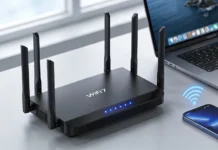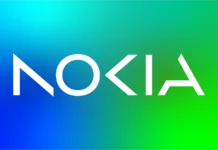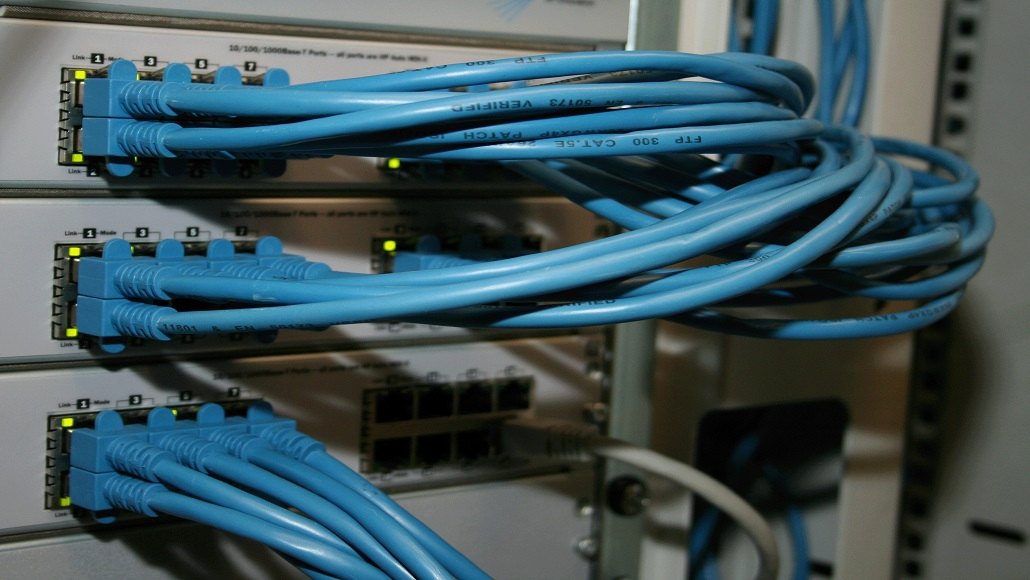The major cable companies in America are facing pressure from all sides. There is an increase in competition from cellphone carriers. The government has put a halt to its subsidies. Cable TV’s former stronghold has essentially fallen apart.
These factors drove Charter Communications’ $21.9 billion acquisition of Cox Communications on Friday. It is a partnership between two powerful companies with a long family history who are attempting to protect their cable broadband industry from growing pressure from cellphone providers encroaching on their domain.
A decade ago, broadband providers sought large acquisitions to safeguard their failing television operations. The biggest concern at the moment is that the internet, which served as these multibillion-dollar companies’ final moat, is being attacked.
Once a dependable source of explosive growth that brought in millions of new customers annually, cable internet service is now a chore for the two heavyweights of the sector, Comcast and Charter. Their primary source of income from the internet economy, which includes gaming and streaming, is still selling broadband connections, but this growth engine is faltering.
The threat has increased as a result of domestic broadband service being beamed over the air by telecom companies like Verizon and T-Mobile. With their offers, which leverage 5G technology to deliver internet speeds competing with fixed cable lines at lower pricing, wireless carriers have amassed millions of consumers.
The strains of this new environment have become more apparent in recent months: rival Comcast reported an increase in broadband customer losses, while Charter lost 60,000 internet users in the March quarter.
“We have AT&T, Verizon, and T-Mobile in 100% of our footprint. We have satellite everywhere we operate,” Charter chief Chris Winfrey said. “It’s significant.”
The agreement with Cox provides the merged company more leverage when it comes to negotiating with programmers, investing in networks, and vying for clients. Additionally, it broadens the enterprise offerings of the combined business.
Cox’s 6.3 million consumers and Charter’s 31.4 million customers are combined. On Friday, Charter’s stock increased by almost 2%.
With customers in major expanding markets like Phoenix, Las Vegas, and portions of Southern California, Cox—the longest running cable company in the United States—would strengthen Charter’s position. Within three years of the deal completing, the firms anticipate cost savings of $500 million annually.
“You really do need scale in this business,” said Andrew Cole, executive chairman of Glow Services, a telecom-focused software company, and board member of European cable company Liberty Global. Liberty Global, like Charter, is part of cable mogul John Malone’s communications empire.
“The coming-together of cable in its entirety over time will happen because that’s the only way they can compete against these giants, which are the telcos,” Cole said.
About 23% of the merged business will be held by the family-run Cox Enterprises, which will also assume Cox’s about $12 billion in outstanding debt. Charter announced on Friday that Cox will essentially replace Liberty as the source of long-term finance.
The combined business, which will have its headquarters in Stamford, Conn., intends to rebrand as Cox Communications within a year after the Charter-Cox closes. The brand that will interact with consumers will be Spectrum.
Malone, who transformed Charter from a minor cable operator into one of the biggest in the country about ten years ago by acquiring Time Warner Cable, is making another significant wager. The future of television was then his biggest concern. The biggest challenge is the future of broadband to safeguard the cable broadband industry.
Over the past few years, Malone, who is approaching his 80s, has been trying to solidify his legacy by streamlining his extensive telecom and media holdings. In an effort to streamline its ownership structure, Charter decided to purchase Malone’s Liberty Broadband, its largest shareholder, last year. On Friday, Charter executives said that the move will conclude concurrently with the Cox deal.
Malone is prepared to hand the reins over to a new partner, at least in the cable industry, as seen by Charter’s choice to take on the Cox name.
Despite being a significant player in the pay-TV and internet markets, Cox is still outsized by Comcast and Charter. While rival cable and telecom businesses grew through ever-larger acquisitions, the family-run business in Atlanta has chosen to remain private for the past two decades.
The Trump administration postponed its predecessor’s $42.5 billion government broadband-construction initiative, which further increased the short-term uncertainty for the cable broadband industry and internet service providers like Charter at large. While it examines the program’s requirements, the Commerce Department has suspended funds to state authorities that were scheduled to begin awarding contracts this year.
Additionally, streaming is still affecting cable companies’ video divisions.
Instead of watching MTV these days, customers stream Netflix. By expanding into live sports, which were once a staple of pay-TV packages, streamers—some of which are owned by tech giants like Amazon and Apple—have further weakened cable’s hold on video consumers.




















